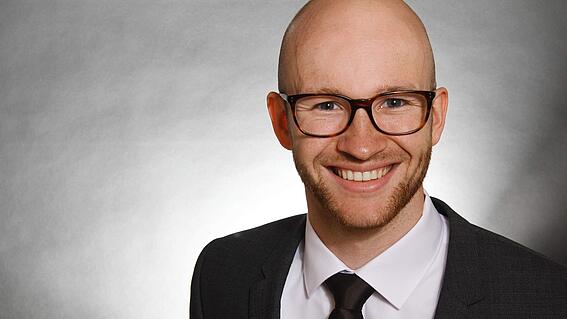I am currently writing my doctoral thesis on trust and loyalty in fiduciary relationships under the supervision of Professor Dr. Thilo Kuntz. Last fall I had the opportunity to work on this project as a Visiting Graduate Researcher at UCLA School of Law.
Fiduciary Relationships
When one party is granted broad discretionary powers to serve the interests of another, these parties find themselves in what the common lawyer calls a fiduciary relationship. Lawyers, trustees, corporate directors, and legal guardians are classical examples of fiduciaries. These relationships allow for an extremely efficient division of labor. But they are also uniquely risky: The abuse of fiduciary power is tempting and notoriously difficult to detect.
My dissertation therefore starts out by seeing fiduciary relationships as a phenomenon that demands explanation: How can we trust fiduciaries? Which conditions are necessary for this type of cooperation to prosper?
Beyond sanctions and liability
During my time at UCLA School of Law I especially explored the importance of non-legal factors. Without question, legal liability and sanctions are crucial to ensure loyal behavior. But so are (as it turns out) things like moral and social norms, roles, or habits.
My working hypothesis is that cooperation in fiduciary relationships requires to a certain degree what might be called “a culture of trust”. Admittedly, this does sound a bit lofty. But the flip side should be more intuitively plausible: Fiduciary cooperation does not prosper in a climate of distrust.
Law and the “culture of trust”
Turning back to the law, I then analyze the role legal norms play in establishing and maintaining such a “culture of trust” and how this affects the way we should interpret fiduciary duties.
I argue that fiduciary duties serve a regulatory function that goes beyond the interests of the immediate parties: The protection of the social capital needed for fiduciary cooperation to emerge in the first place. For this social capital – at least so I argue – can be regarded as a public good and is thus prone to underinvestment and negative externalities.
Interdisciplinarity at UCLA School of Law
While pursuing these questions, I try to make use of the insights of a whole bunch of disciplines, such as behavioral economics, social psychology, sociology of law or legal philosophy. Retracing and tying together all these different discourses is therefore a central challenge. This is where my stay at UCLA School of Law proved to be especially helpful, enabling me to connect with various experts in the respective areas.
Acknowledgments
I am grateful to the various members of the UCLA School of Law faculty who took the time to discuss my research with me, especially Professor Sung Hui Kim, my faculty sponsor. DER ÜBERSEE-CLUB e.V. and the Joachim Herz Foundation supported this project by awarding scholarships. Above all, I greatly appreciate the support of my thesis supervisor Thilo Kuntz, who encouraged me strongly to further my research abroad and played a crucial role in making this possible.

